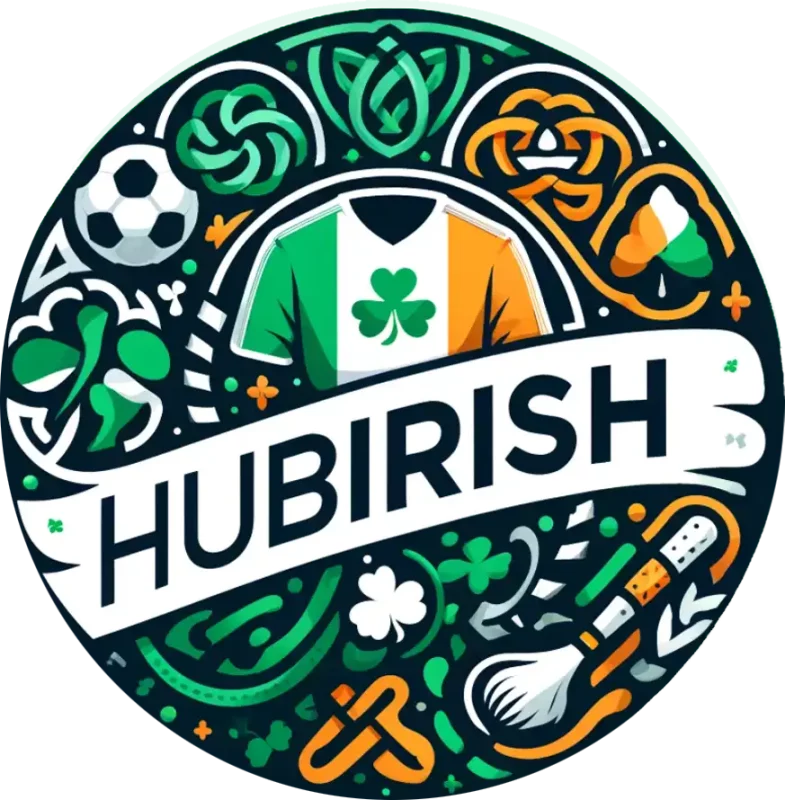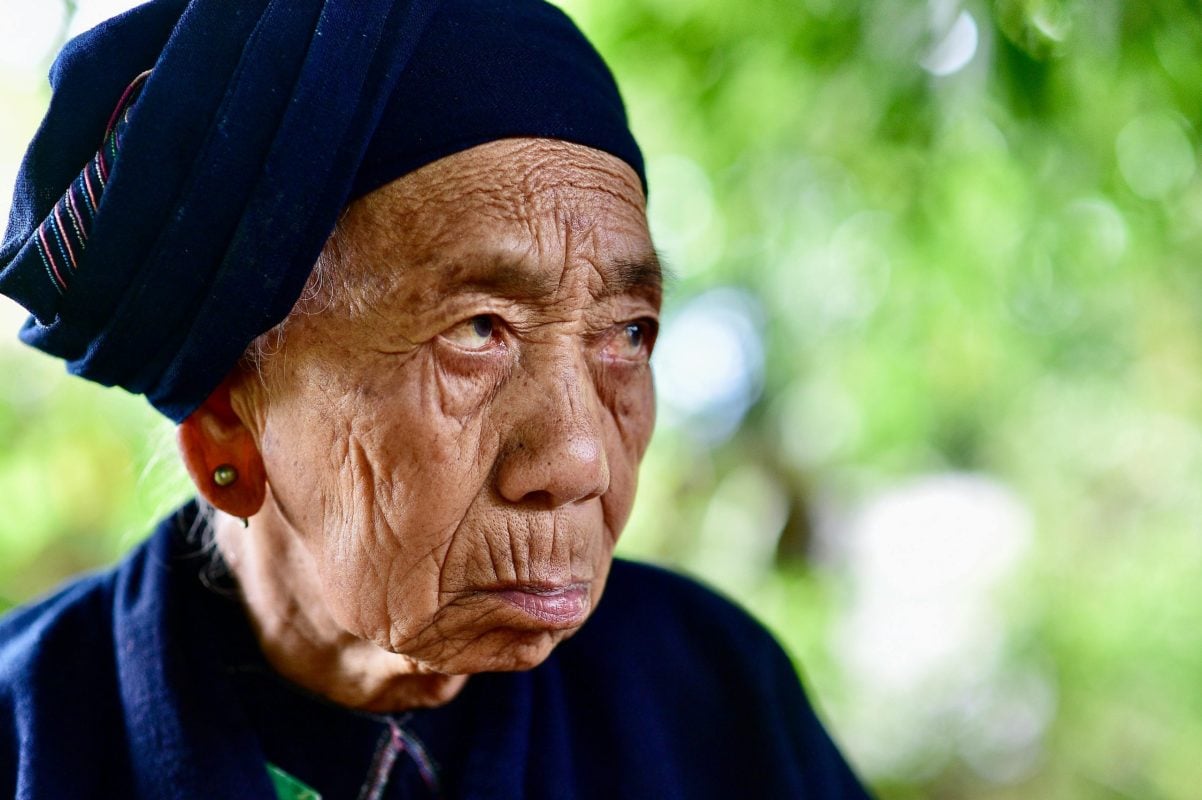Uncategorized
Irish Voices: From Rebels to Rockstars of Protest
From Rebels to Rockstars: How Irish Voices Transformed Protest into Power
Estimated reading time: 8 minutes
Key Takeaways
- The Irish spirit of protest is intricately tied to music and cultural expression.
- Modern movements build upon the legacy of past generations, using new tools for activism.
- Irish music serves not only as entertainment but as a powerful medium for sharing stories of resilience.
Table of Contents
Introduction
The Heart of the Story
The Wider Echo
The Now & The Next
Did You Know?
FAQs
Final Word
Introduction
Ah, gather ’round, my friends, for every rebel song hummed in a smoky pub, every battle cry that rumbled through the streets, carries with it the story of a people ignited by passion. We, the Irish, turn our voices into weapons — songs into shields, and cries for justice into anthems of power. From the echoes of the civil rights marches of the ’60s to the roaring chants of today’s movements, Irish hearts have bled into the tapestry of protest, bravely sewn into the fabric of our identity.
The Heart of the Story
Look back to County Cork. The windswept hills have whispered the pains of generations. In 1969, the Irish civil rights movement began to gather momentum, with young voices demanding rights long denied. And who was at the forefront? The fiercely proud — the likes of Father Andrew McMahon, whose spirit echoed through the crowded streets along with the joyful shouts of “We shall overcome!” This was not just a movement; it was the Irish soul rising anew, fueled by the same gutsy spirit that sparked the Easter Rising. And what came next? Songs—the heartbeats of revolution. From the vivid words of Christy Moore to the rebel tunes that rang louder than gunfire, these melodies harnessed our collective rage and resilience, igniting fires in the souls of many.
The Wider Echo
And it was not just in Cork. The stories spread like wildfire. Music in these moments served as the bloodline of our history. Acts like The Wolfe Tones and Planxty carried their guitars as swords, reimagining protest as power. A world away, in the pubs of Boston, songs intersected with stories of loss, longing, and identity for Irish emigrants. Today, the songs linger in diaspora enclaves—as Irish as the rolling green hills back home, where every chord vibrates with kinship and sorrow. Our stories transcended borders and became anthems of collective resilience while rooting us firmly within our Irishness.
The Now & The Next
Now, let’s cast our eyes to the horizon of modern Ireland. Climate protests fill the streets—young voices rising, carrying the weight of their ancestors in their bones. Whether it’s the vibrant chants rising in Dublin or the fervor of the grassroots movements pulsing in Galway, a new generation is taking up the mantle. And why? Because the power of our ancestors whispers that change is possible, that justice must be fought for. The melodies of old buoy their resolve, turning protests into songs of hope. Watch closely now: they’ll use the instruments of rebellion — smartphones and hashtags — to ensure their voices echo across the globe. From rebels to rockstars, our stories keep shifting, shifting, reshaping the world.
Did You Know?
- The Wolfe Tones’ “Come Out Ye Black and Tans” remains one of the most played songs at sporting events, instilling a sense of pride and defiance.
- In recent years, over 78% of Irish people support direct action against climate change, showcasing our commitment to transforming protest into real power.
FAQs
What role does music play in Irish culture?
Music is the pulse of Irish culture, serving as a tool for protest and a connector of generations. It carries the stories of our past with a twist of modernity. Explore our musical heritage through items from Galway.
How can I support the Irish music scene today?
Simple! Attend gigs, buy from local artists, and share their music. Let every note reverberate through the tapestry of our shared identity—it’s our heritage, after all!
Final Word
So, let your voice rise in harmony with a thousand others—each note a declaration of power, resilience, and pride. In the words of the old songs, “For the boys who fought and died, we’ll carry on the fight.” If you carry the same pride we do, you’ll find a piece of home waiting at
HubIrish.com.

